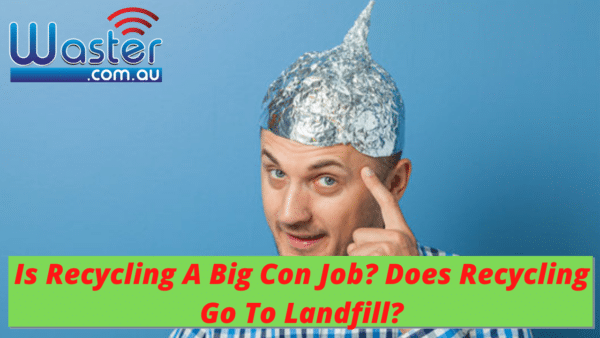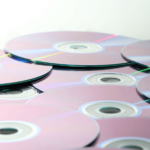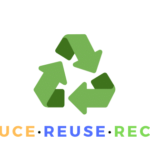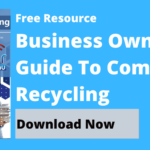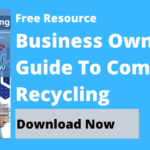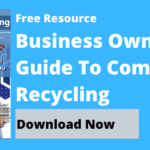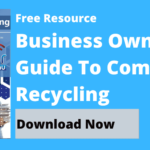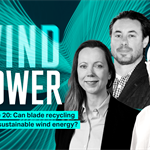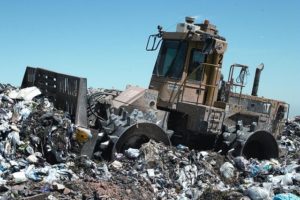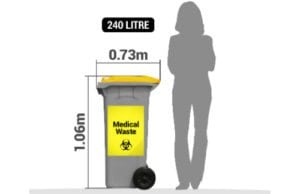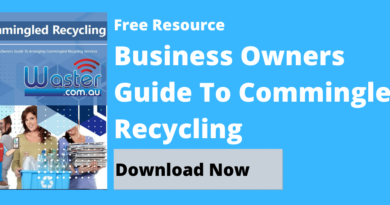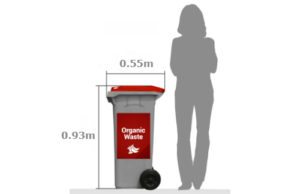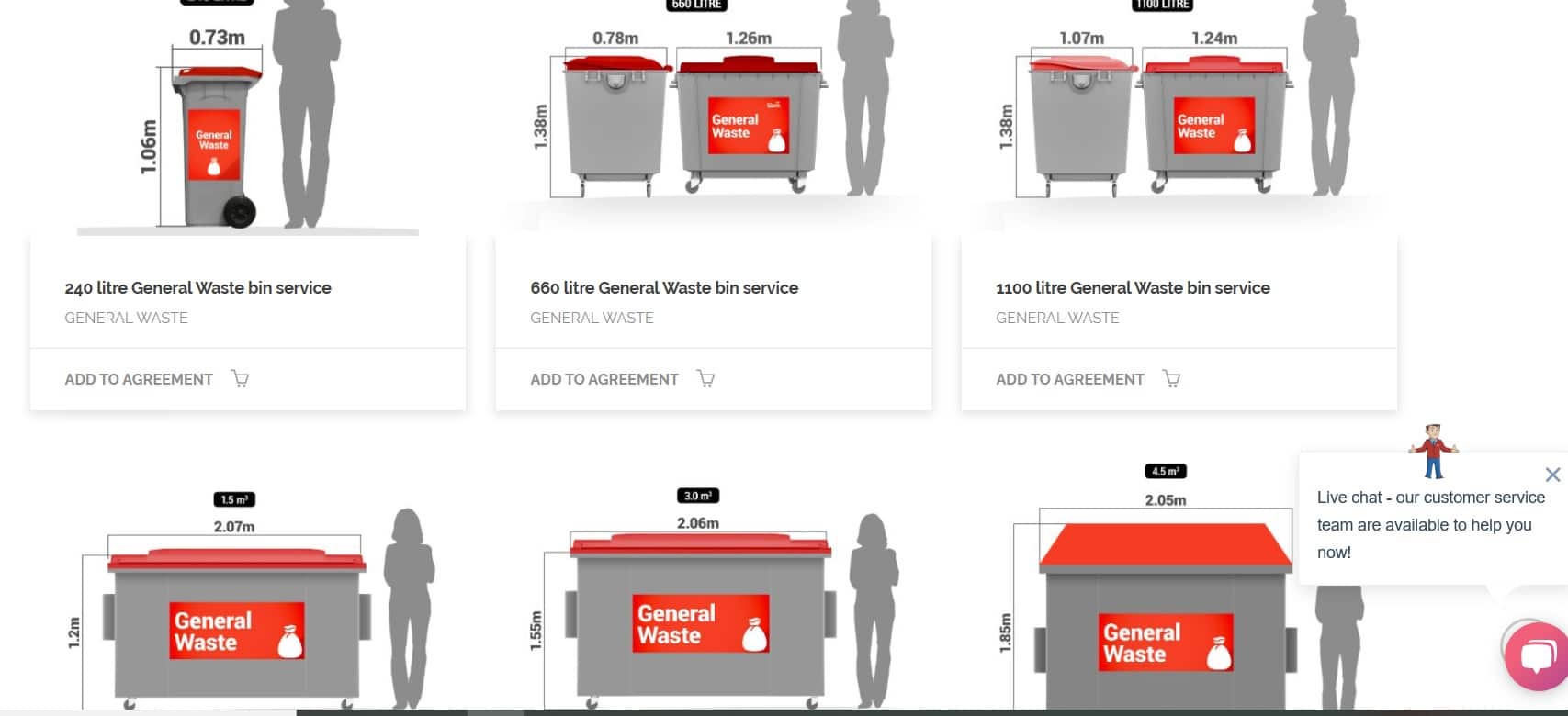Is Recycling A Hoax? Is Recycling A Big Scam? 👽 Recycling Podcast Ep 3
Energy Disrupter
Is Recycling A Hoax? Is Recycling Just A Big Con Job And Scam? 👽 Recycling Podcast Episode
Listen on Apple Podcasts Listen on Spotify Listen on Google Podcasts Listen on Stitcher Listen on Amazon Music
In our third episode of our podcast – we ask the question is recycling just a big con job. Does our recycling just end up in landfill? We know you all love a conspiracy – but we ask the real questions.
Transcript – Is Recycling A Hoax Or Scam?:
Hello and welcome to another edition of our regular podcast Recycle: Don’t be a waster! – on all things recycling and waste management related. In our last episode we covered some controversial or potentially controversial statements by Boris Johnson regarding plastic recycling but today we want to look at if recycling is a conspiracy theory.
This year more than most years conspiracy theories and distrust in government and all those sort of things are probably more in the press than ever before and I’ll let you into a little secret. I’m a big fan of conspiracy theories. I enjoy a good conspiracy so today we’ll cover a waste related conspiracy which is that recycling is just a big con job. I suppose many people do believe that recycling is, there’s an aspect of fakery about it and the waste companies misrepresent where the waste is going and a large percentage of people – I’m not sure how many suspect that some or all of the recycling cardboard, bottles etc just go straight to landfill, that the trucks just head in the same direction to the landfill and just dump it and nothing gets recycled.
>Download Now: Free PDF Business Owners Guide To Commingled Recycling Bin Services
So that’s the conspiracy theory that we’re going to look at today and I suppose I’m not going to do what people call fact checking nowadays. There’s these things on the internet called fact checkers which tend to be just dismissing of conspiracy theories. You know we’re going to entertain this one and we will if there’s a grain of truth to it we will you know we’ll admit that so I suppose the first thing we will state about this is, I personally think people believe this because they just distrust authority. They just distrust business and they have a sneaking suspicion that somebody is taking financial advantage of them and that the whole effort they put into washing their containers, putting the cardboard boxes in one bin etc – that it’s just it’s just a farce and it’s just pulling the wool over their eyes and that the waste companies just pretend one thing and really just want to save money and dump it at landfill and make profits from it.
Is recycling a hoax or Scam?
I’ll give you a spoiler alert – the answer to what we’re going to cover in this podcast is no, it is not the case, recycling is not a con job there are aspects where sometimes it may end up in landfill and we’ll cover those but in the vast majority of cases recycling that you see it is real. We’ll run through the reasons why. The first reason why is cold hard money. Businesses with collection, recycling companies they’re in it for money. One of the richest people in Australia, richest families are the Pratt family who run a recycling business called Visy and they’ve made an awful lot of money completely legitimately by helping society through recycling, mostly in cardboard recycling and that’s in Australia. Many countries will have similar. The term resource recovery is very commonly used and the reality of it is a lot of what we throw out is valuable, maybe not to the person throwing it out but if you repurpose, recycle, reuse that whether it’s timber, glass, cardboard etc it can be very valuable.
[embedded content]
Certainly metal, tin, aluminium etc again very valuable commodities that can be reasonably easily recycled and there’s people willing to take it and pay for that, you know the end user. I had read recently that aluminium you know we’ve covered the recent COP talks in Scotland whereby we’re trying to reduce global emissions – aluminium in most developed countries, in Australia for example -the smelting of bauxite into aluminium takes up huge amounts of energy – up to 11 to 12 percent I believe of most countries actual energy usage just to make aluminium which is then used for cans etc. You can see the money and effort and energy that can be saved by recycling these metals and these products. Take an extreme example such as a gold necklace, you know a valuable piece of metal and you wouldn’t throw it into landfill because it’s valuable. There was a spate in certain countries of stealing lead materials from roofs etc in recent years even melting down pennies because that’s valuable material. The reality of it is there’s money to be made from certain materials that if they’re throwing them into a landfill would be very foolish. Reusing them, recycling them makes money for the companies and that is fundamentally the reason why they are recycled because somebody commercially profits from that the ancillary benefits to the environment are separate. Let’s just focus on pure hard cash and actual value drivers for the companies in this instance, secondly a lot of countries now place levees or fines or fees on dumping at landfill.
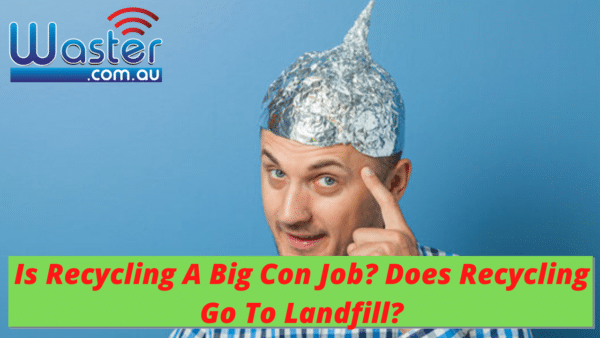

They’ve tried to make it more and more costly to dispose of at landfill and cheaper and cheaper relatively, not absolutely but relatively to recycle and the way they do this is quite blunt – they apply a tax or a levy on disposing at landfill. In the state of New South Wales in Australia it’s c. 130 to 140 dollars per ton of waste that you throw in the landfill – so in reality if you can recycle if it’s cardboard or metal or glass or whatever it is if you can recycle that you’re immediately saving that 140 on the landfill levy so again that increases the financial reasons for a company to recycle. We will get into the tougher stuff whereby once you get into plastic, once you get into the world of plastic yes it does become tougher. In glass there are issues in glass in Australia whereby you’ve probably seen on television – glass stockpiles where by recycled glass – there’s nobody to take it and so it is fundamentally just stockpiled waiting for some eventual off-taker. Is recycling a hoax or scam?
We will cover a future episode how the de-industrialization of many developed nations has seen a significant problem or has created a real problem in the recycling or circular economy. In a circular economy where recycling plays a vital part fundamentally when an item is recycled you need a producer or a manufacturer to use it in their goods. In many western countries or developed nations we’ve actually outsourced those manufacturing processes to third countries mostly in Asia, China for example so in reality what we’ve done is we’ve as we’ve imported more and more product from China – we then use it, we throw it away, we then want to recycle it but the big problem is domestically, there’s not really an off-taker or a manufacturer willing to use it. That’s an issue we’ll get into in a future episode that probably has exacerbated some of these issues and makes you ask is recycling a hoax or scam.
When we get into the more complex recycling materials such as plastic it is harder to recycle, the off takers – when I say off takers – I mean purchasers or end users of the recycled product are lower and the material is fundamentally not as recyclable as some others and so in this instance there is a grey area where some of it will end up in landfill. More of it in some countries would be burned fundamentally for energy or just for destruction but there is a grey area where potentially a large percentage of this waste is not recycled and actually ends up in landfill. This tends to be in certain geographic areas, certainly in Australia outside capital cities where transport is longer and more expensive to facilities.
If you’re a long way removed from facilities a and b from eventual end users potentially this makes it more difficult to recycle those plastics so this is an area where potentially the conspiracy theory has some legs and we’ll cover in a future episode. China refusing to accept low quality plastic recycling specifically over the last couple of years means potentially there is some recycling ending up in landfill. Another aspect we will have to mention here is when you get into the world of wishcycling which is just assuming things will be recycled, but the person disposing of it in the bin is not doing any work. You make it difficult for the material to be separated you’re increasing the chance of it going to landfill, people will throw things into their commingled or mixed recycling bin that shouldn’t be there – items such as soft plastics, plastic bags and you know those sort of materials that should not go into that bin and in this instance even though they can be recycled through a different facility they probably will end up in landfill.
So – is recycling a hoax or scam?
It’s not in theory that it’s a con job (is recycling a hoax or scam etc) but someone is believing something that isn’t true – they are wishing that this item will be recycled and then seeking to blame somebody else. The commingled bin or the mixed recycling bin is not a perfect solution – it is a versatile solution and offers recycling for items like plastic bottles, cans, containers but not for everything and so there’s a there’s a grey area there that is I suppose caused by this idea of wish cycling but also a lack of education and thirdly also just a lack of care by people because of the way I suppose municipal collections have been run for a long time. The collectors do not reject if the bin is contaminated so if they turn up to a house and somebody’s disposed of general waste in that recycling bin it tends not to be just rejected. In the vast majority of cases it will be emptied, but then that increases the chance that that load will not actually be recycled so there is an honesty game there that you know – clarification as to what will be recycled, what won’t be and the percentages that are recycled from every load.
I’ll be honest it does depend, but if we look at a spectrum we’ll say cardboard and paper yes, almost certainly, nearly always recycled unless an error happens but in nearly all cases – metals yes, many plastics yes – but with a grey area at the end whereby low-quality contaminated bins will potentially end up in landfill. There are other instances where you’ll see them regularly in the press, recycling facilities are at capacity or are closed for some reason, maintenance, construction etc and in those instances where there is no taker of the material it will end up in landfill. It’ll happen on a regular enough basis for example in Victoria last year or two years ago there was a fire at a recycling plant in in the outer suburbs of Melbourne and that led to quite a bit of recycling material from the Geelong area specifically going to landfill for a number of months. Thankfully that has been rectified but you’ll see these things on a reasonably regular basis at the end of the day.
I think we’ve covered this in a previous episode – to recycle something just because it is recyclable in theory does not mean it will be in practice. You need a separation mechanism, a collection system a facility and somebody to pay for it and if one of those four items drops or falls away, it fundamentally will not be recycled – it will end up in landfill or incineration whichever is used in that area.
I think that’s enough to cover in this episode on is recycling a hoax or scam – I think as a rule there’s no massive conspiracy theory there’s no conspiracy behind the scenes tricking people and actually dumping at landfill. There is the unusual instances of fly tipping of course. Fly tipping in certain areas whereby operators will take the material and fundamentally dump it illegally to avoid levees, to avoid fees so they’ll collect the charge from their customers and then just dump it with no cost to themselves hence increasing their profit. End of the day, that is a criminal offence and shall be brought up with the police. Thankfully that is in most jurisdictions that is a minor issue but of course from time to time you will see these things occur in the press and in the news so in that essence it probably it is a conspiracy in the theory that it is a criminal conspiracy to defraud people and also damage the environment.
On the macro level I would say no on the macro level (is recycling a hoax or scam) – 85 to 90 percent of collected materials will be recycled as well as possible. Like any conspiracy theory, this stem up from sometimes a grain of truth and then a grain of truth can grow into a great oak tree of conspiracy. In this instance probably you don’t deserve an oak tree but potentially there is enough substance to it to not let this conspiracy theory completely die and disappear but I think the more education we can get through podcasts such as this, through better government information and I suppose honesty from all the players – who rather than pretending that recycling is perfect, that recycling captures everything, admit the flaws. Every system has flaws and if we if we admit those flaws we can improve them and fill the gaps and increase recycling and the environmental outcomes. That’s where we leave it today. I’ll be interested to hear your feedback and again we’ll leave you with our slogan – Recycle: Don’t be a waster


